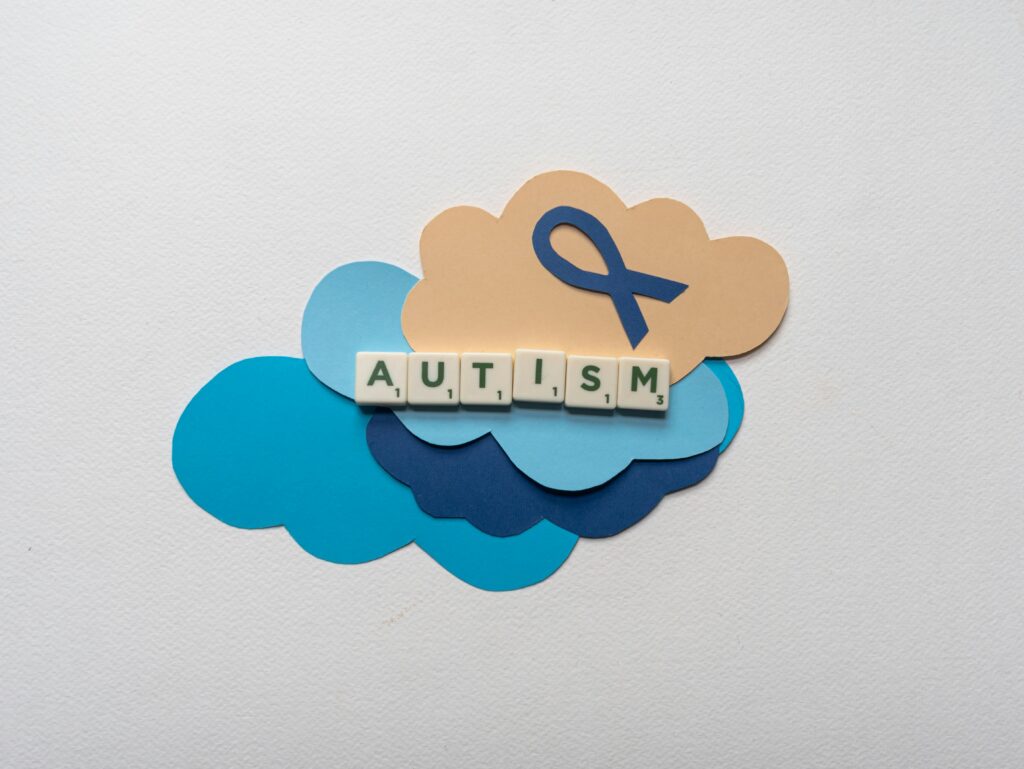Learn about what is Autism Spectrum Disorder (ASD)? , its effects on people, and how to support individuals on the spectrum. Find out about signs, causes, and inclusion and understanding strategies.
What Is Autism Spectrum Disorder (ASD)?
Autism Spectrum Disorder, or ASD, is a neurodevelopmental disorder that influences how one communicates, interacts with others, and perceives the world. It is referred to as a “spectrum” due to its varying presentation in each individual — no two individuals with autism are alike.
ASD is not a disease to be cured. It’s a lifelong experience that defines the way a person thinks, feels, and interacts with his environment. Most people living with autism live complete lives, particularly if they are given the proper support and understanding.
Identifying the Signs of Autism
Autism signs usually manifest in childhood; however, at times, they might be hidden. Although each person is unique, some common signs can be:
- Delayed language or speech skills
- Limited eye contact or facial expressions
- Struggling with social interactions
- Repetition of actions or routines
- Hyper- or hypo-sensitivities to sensory input (such as sounds, lights, or textures)
- Strong interests in narrow subjects
It’s essential to keep in mind: exhibiting one or more of these characteristics doesn’t necessarily mean a person has autism. A professional diagnosis by a medical or developmental specialist is essential to making a diagnosis.
What Causes Autism
The precise reasons why autism occurs are currently not known, but current research suggests that it results from a mixture of genetic and environmental factors. Some of the risk factors are:
- Family history of autism
- Genetic disorders (e.g., Fragile X syndrome)
- Older parental age
- Low birth weight or birth complications
Let’s bust the myth: vaccines DO NOT lead to autism. This is a thoroughly discredited idea that has been widely tested by substantial scientific evidence.
Autism Isn’t a Deficit — It’s a Different Way of Being
Perhaps the most compelling change over the past few decades is how society perceives autism. Instead of viewing autism as only a disorder, increasingly more individuals see autism as neurodiversity — a healthy difference in how human brains work.
Autistic individuals tend to have strengths such as:
- Exceptional attention to detail
- Strong memory abilities
- Creative imagination and innovative problem-solving
- Intense passion for particular subjects
The problem usually isn’t the autism itself — it’s a world that isn’t always designed to accommodate different thinking and communication styles.
Accommodating Someone With Autism
If you have a friend on the spectrum, your empathy and awareness can make all the difference. Here are some ways you can be supportive:
- Listen without judgment. Each autistic individual is unique. Let them tell their own story in their own way.
- Be tolerant. Communication may come in other ways. Provide room and time.
- Respect boundaries. Social preferences or sensory sensitivities are worthy of respect.
- Acknowledge strengths. Highlight strengths, not weaknesses.
To parents and carers, early intervention, therapy, and education can go a long way in supporting a child’s development and self-esteem.
Creating a More Inclusive World
Inclusion is more than acceptance — it’s about building spaces where autistic people can excel. Whether in schools, the workplace, or neighborhoods, embracing neurodiversity is good for all.
Here’s how we can all help:
- Educate ourselves and others
- Foster inclusive hiring practices
- Foster accessible public spaces
- Support organizations and initiatives working towards autism awareness
Final Thoughts
Autism Spectrum Disorder is not something to “cure.” It’s a thread in the rich fabric of human existence. By embracing autism with understanding and compassion, we can create a world where everyone — no matter how they think or express themselves — feels seen, valued, and supported.
You’re a parent, teacher, boss, or simply a friend. Your awareness and compassion can make a real difference.

